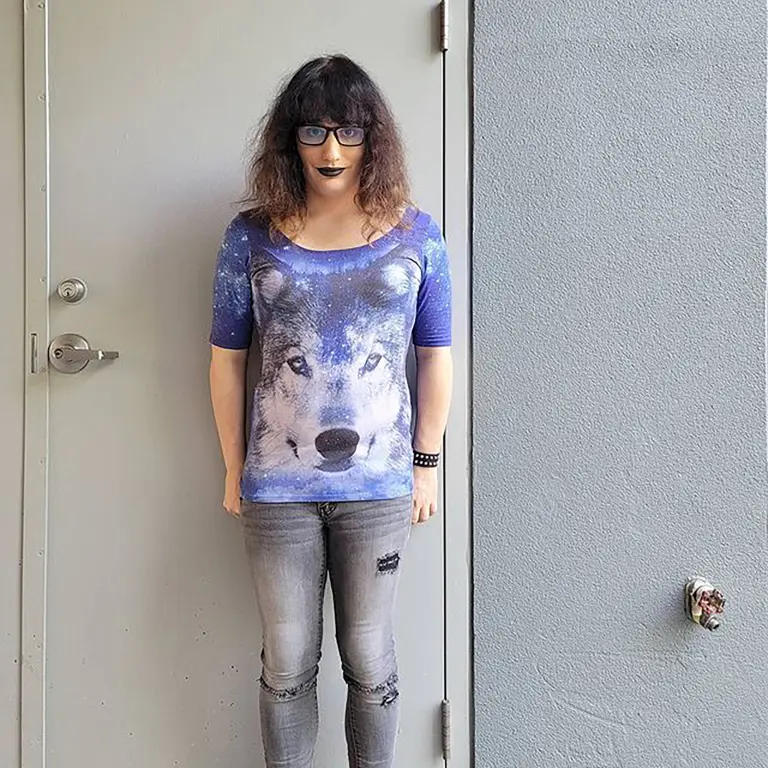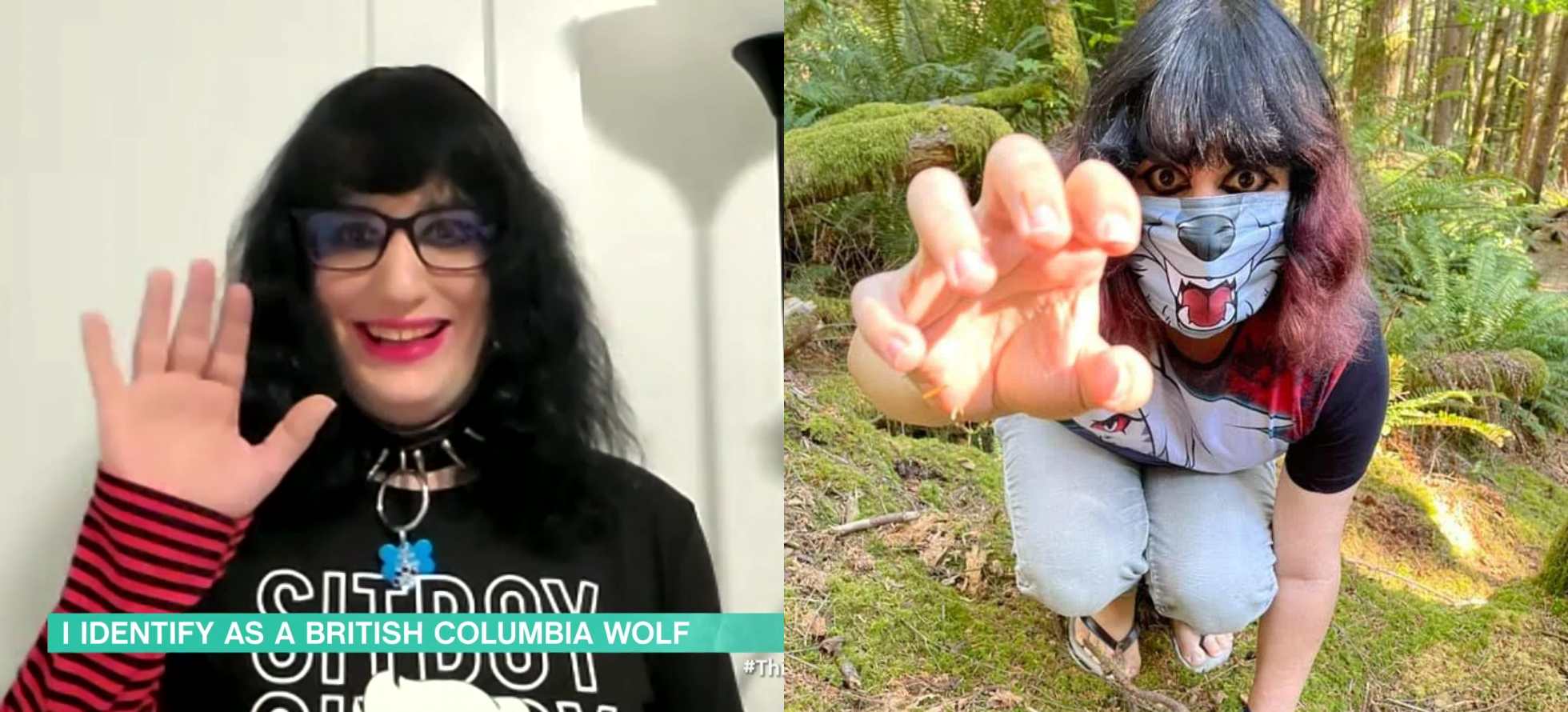A Seattle woman who identifies as a wolf is speaking out about what she describes as widespread misunderstandings surrounding her unique identity and lifestyle.
Naia Ōkami has publicly shared that she identifies as a British Columbian wolf, both spiritually and psychologically. According to sources, she considers herself part of the otherkin therian community. It is a group of individuals who identify as non-human beings on a deep, intrinsic level.
The concept of therianthropy, which refers to people who identify as animals, remains relatively unknown to mainstream society. Those who identify as therians often report feeling a profound connection to a particular animal species that extends beyond mere admiration or interest.

Ōkami’s decision to share her story comes as she aims to address what she perceives as common misconceptions about her way of life. While the specifics of these misconceptions were not detailed, individuals in the otherkin and therian communities often face skepticism and misunderstanding from the general public regarding the legitimacy and nature of their identities.
The otherkin community encompasses people who identify as creatures ranging from mythological beings to real animals. Within this broader group, therians specifically identify as earthly animals rather than fantasy creatures. For many in these communities, their non-human identity is considered an integral part of their psychological and spiritual makeup rather than a choice or lifestyle preference.
The phenomenon has gained increased visibility in recent years through social media platforms, where individuals like Ōkami can connect with others who share similar experiences and identities. These online communities provide support networks for people who may feel isolated or misunderstood in their everyday lives.
While the scientific and psychological communities continue to study and debate the nature of such identities, those who identify as otherkin or therian maintain that their experiences are genuine and deeply personal. For them, speaking publicly serves as both an act of self-expression and an educational opportunity to help others understand their perspective.


